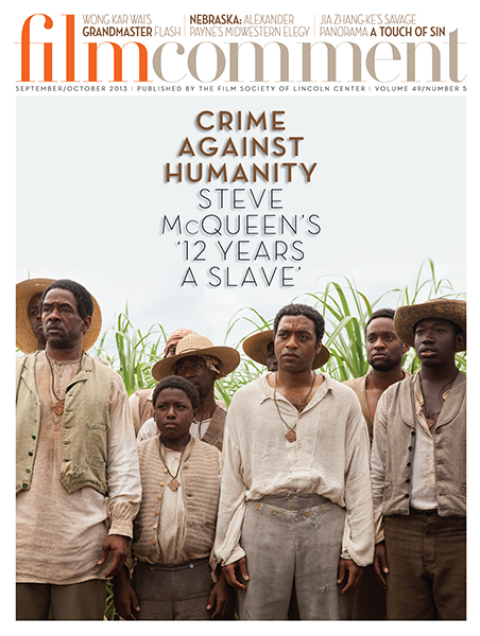
Alan Partridge has been a part of British entertainment since the early Nineties, but it feels as if he’s been around a lot longer. That’s the point: the inept TV host turned local radio DJ is essentially an Eighties man, but even in that decade he would have looked like a relic of a superannuated and cheesy tradition of U.K. broadcasting.
Steve Coogan created Partridge for the BBC radio comedy show On the Hour (91-92), which was transferred to television as The Day Today (94) before spawning a spoof chat show, Knowing Me Knowing You (94-95), still among the best of its kind. In all his incarnations, Partridge embodies middle-English gaucheness, a combination of prejudice, ignorance, insecurity, and parochial bad taste. Yet he remains lovable, mainly because of Coogan’s strangely childlike demeanor.
A surprisingly traditional follow-up sitcom, I’m Alan Partridge (97-02), started to dismantle a character who had already become an albatross for Coogan. Depicting him as an abject yesterday’s man, the series sent him back to his provincial roots in Norwich, an East Anglian town noted (somewhat unjustly) for its dullness. The city can’t have been that offended; it let Coogan’s Baby Cow company shoot the Partridge movie there.
Despite a varied and sometimes bizarre transatlantic film career, Coogan hasn’t been able to shake off Partridge, and the British public wouldn’t want him to: the character’s long-awaited cinema vehicle Alan Partridge (an inexplicable truncating of the U.K. title Alan Partridge: Alpha Papa) took over £2 million in its first week of release, offering stiff rivalry to the brassily promoted return of Simon Pegg in The World’s End.

You can see why the Partridge vehicle has worked so well: it doesn’t have the cinephile hipster cachet and directorial flash of Edgar Wright’s feature—in short, nothing to alienate an older, wider audience. The film is so unthreatening that it will appeal not only to the long-term Partridge faithful, but also to the very people who would tune into Partridge’s DJ slot, if he existed.
In a plot knowingly derived from Dog Day Afternoon, Partridge’s Norwich radio station is taken over by new owners, and sacked fellow DJ (Colm Meaney) takes revenge by holding the staff at gunpoint. Partridge turns the situation into a showbiz opportunity: “I’m trying to host a siege here.” Fans will be deeply reassured by the familiarity of Partridge’s twitchy mannerisms and clunky wardrobe (middle management on a weekend golf break) and by the returning characters—including put-upon assistant Lynn (an affecting Felicity Montagu) and a scene-stealing Phil Cornwell as a DJ forever reminiscing with forced cheerfulness about his “dark days.” Coogan—as a man whose mouth appears to be eating itself much of the time—is in his element splutteringly delivering brisk one-liners scripted by, among others, Armando Iannucci and Peter Baynham (“Get rid of her, she’s a drunk racist. I’ll tolerate one but not both”).
The film is directed by Declan Lowney, a TV stalwart whose credits include the underrated 2002 one-off Cruise of the Gods, with Coogan and Rob Brydon. The big surprise is that Alan Partridge is so entirely uncinematic, with its cramped radio station setting only later opening out to the drab surroundings of the Norfolk coast. It may be that the functional execution is part of the joke—as if the film were being consciously placed in the lineage of the austerely no-frills theatrical features that used to spin off from TV comedies such as Are You Being Served? back in the Seventies. The favored British term for such sturdy, hard-to-dislike fare is “cheap and cheerful,” and Alan Partridge is certainly that. It feels exactly like the sort of film that Partridge himself might have enjoyed if he’d seen it at a screening at the Norwich Odeon in 1982.








